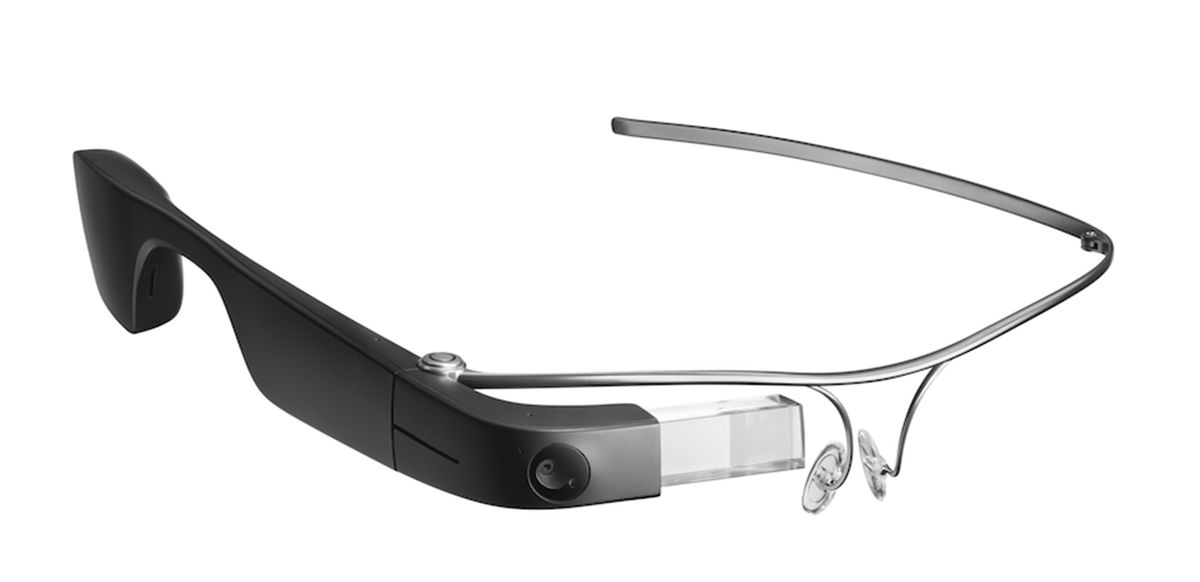Last August, in what was widely hailed a victory for the right-to-repair movement, Apple announced it would begin selling parts, tools, and diagnostic services to independent repair shops in addition to its “authorized” repair partners. Apple’s so-called Independent Repair Provider (IRP) program had its limitations, but was still seen as a step forward for a company that’s fought independent repair for years.
Recently, Motherboard obtained a copy of the contract businesses are required to sign before being admitted to Apple’s IRP Program. The contract, which has not previously been made public, sheds new light on a program Apple initially touted as increasing access to repair but has been remarkably silent on ever since. It contains terms that lawyers and repair advocates described as “onerous” and “crazy”; terms that could give Apple significant control over businesses that choose to participate. Concerningly, the contract is also invasive from a consumer privacy standpoint.
In order to join the program, the contract states independent repair shops must agree to unannounced audits and inspections by Apple, which are intended, at least in part, to search for and identify the use of “prohibited” repair parts, which Apple can impose fines for. If they leave the program, Apple reserves the right to continue inspecting repair shops for up to five years after a repair shop leaves the program. Apple also requires repair shops in the program to share information about their customers at Apple’s request, including names, phone numbers, and home addresses.
[…]
Participating repair shops must allow Apple to audit their facilities “at any time,” including during normal business hours. According to the contract, Apple may continue conducting audits, which can involve interviewing the repair shop’s employees, for five years following termination of the contract.
These audits go beyond Apple dropping in on businesses to interrogate workers. The contract requires that IRPs “maintain an electronic service database and/or written documentation” of customer information to assist Apple in its investigations. According to the contract, that database must include the names, phone numbers, email addresses and physical addresses of customers, stipulations that gave Perzanowski “serious misgivings.” As he noted, “some consumers may prefer an independent repair shop, in part, to reduce the data Apple maintains about them.”
[…]
the one-sidedness of Apple’s terms are evident from the outset, when it defines its “agreement” with independent repair businesses to include any additional documents Apple chooses to release in the future.
“Like Darth Vader, they can alter the deal and you can only pray they don’t alter it any further,” Walsh said.
Source: Apple’s Independent Repair Program Is Invasive to Shops and Their Customers, Contract Shows – VICE

